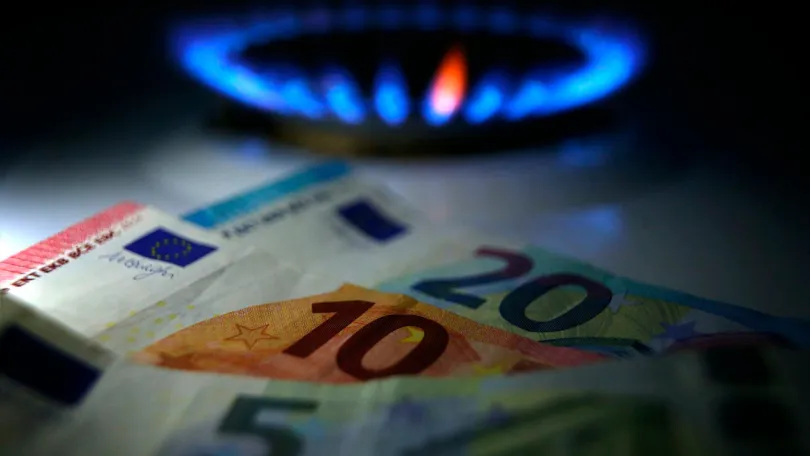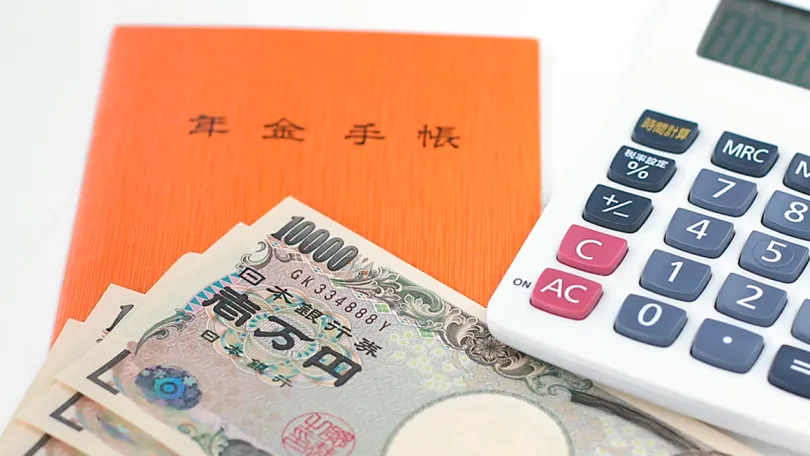
According to data from the London Stock Exchange ICE, gas prices on the European market have increased by almost 11%, reaching $1150 per thousand cubic meters. Such a significant growth rate indicates a substantial increase in demand for this energy resource.
The nearest futures contracts for the TTF index, which is the largest European hub, opened at a price of $1065.5 per thousand cubic meters, with a 2.7% increase. Currently, the quotes stand at $1150.2, representing a 10.9% increase. These values are based on the calculated price from the previous trading day, which was $1037 per thousand cubic meters.
It is worth noting that spot prices on the market are significantly lower. For example, a contract for next-day delivery (November 14th) is valued at $716.6 per thousand cubic meters, according to data from the EEX exchange. The average price of spot contracts in November is $605.8, which is nearly 1.5 times lower than the average calculated price of futures contracts in the same month ($1183) and 40% lower than the current exchange price.
The increase in gas prices in #Europe can be attributed to several factors. Firstly, there is a growing demand for gas due to the start of the heating season and increased #energy consumption. Secondly, the rising prices of coal and oil make gas a more attractive and economically viable option for electricity production. Thirdly, there are supply constraints due to reduced gas production in #Russia and other countries.
This increase in gas prices may have a negative impact on the European economy, as many industries, especially the chemical and steel industries, heavily rely on the availability and cost of gas. Additionally, it could lead to an increase in electricity prices, which would adversely affect household budgets and businesses.
Overall, the situation with rising gas prices in Europe requires attention and measures from governments and companies to ensure stable and affordable energy supply.




























